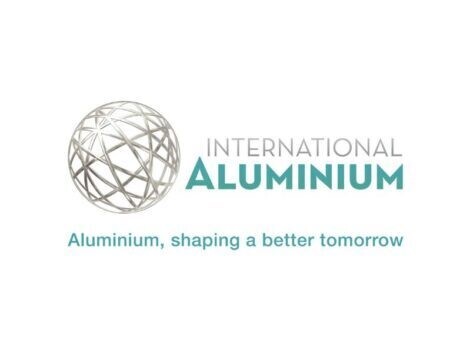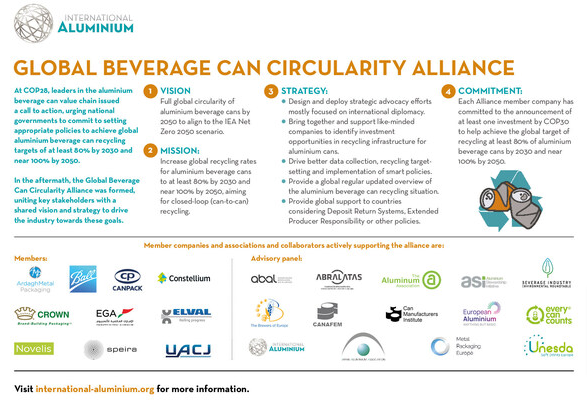

The Global Beverage Can Circularity Alliance, formed following COP28, is unveiling its global advocacy plan at Climate Week NYC. Developed by Roland Berger, this plan outlines actions, investments, and policies tailored to track the usage of domestic aluminium cans, waste management systems, and socio-economic conditions across 140 countries.

The Alliance, backed by the Aluminum Association, the Can Manufacturers Institute (CMI), and the International Aluminium Institute (IAI), will host an international strategy event during Climate Week NYC. This event aims to discuss strategies for achieving nearly 100 per cent recycling of aluminium beverage cans by 2050. Each member company of the Alliance has pledged to announce at least one investment by COP30 to support the global recycling targets.
Recycling rates achieves by other countries
Notably, countries like Colombia, Uganda, and Vietnam could reach a 90 per cent recycling rate and nearly 100 per cent can-to-can recycling within three to ten years by investing in their informal recycling sectors. Countries like the United States, UAE, Turkey, and Malaysia could increase their recycling rates by 20 percentage points by 2030 through initiatives that incentivise collection via source separation and address logistical challenges.
The plan also identifies countries, including the UK, South Korea, Japan, and Spain, where key stakeholders—such as brand owners, retailers, and government entities—are most likely to support the implementation of Deposit Return Systems (DRS) to further improve recycling and can-to-can recycling rates.

Global implications of aluminium recycling
The plan also underscores the significant global implications of recycling. For example, recycling the aluminium beverage cans currently sent to landfills in the USA could offset 18 per cent of the country’s aluminium imports. Florida, which ranks second in aluminium can consumption in the United States after Texas, landfills 79 per cent of its cans. In Vietnam, 46 per cent of used beverage cans are exported as ingots for non-can-to-can recycling. Meanwhile, a voluntary Deposit Return System (DRS) in the UAE has demonstrated positive net system costs in various scenarios.
Formed during COP28, the Alliance has urged national governments to establish appropriate policies to meet the global aluminium beverage can recycling targets of at least 80 per cent by 2030 and nearly 100 per cent by 2050. The members of the Alliance include Ardagh Metal Packaging, Ball Corporation, CANPACK Group, Constellium, CROWN Holdings, Elval, Emirates Global Aluminium, Novelis, Speira, and UACJ.
Responses








